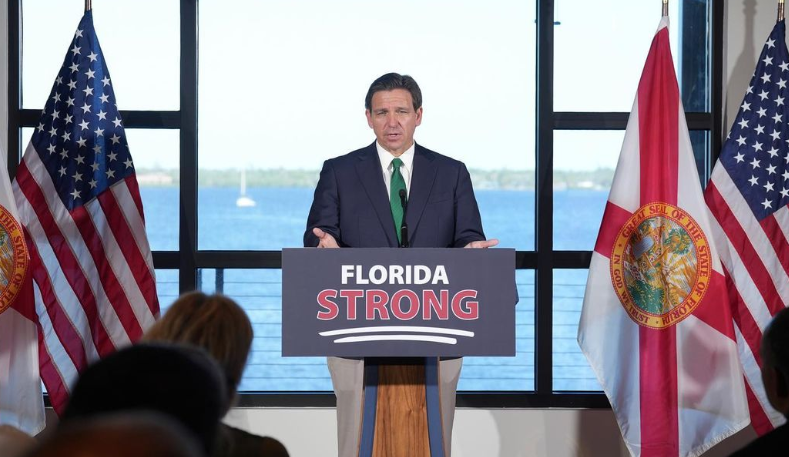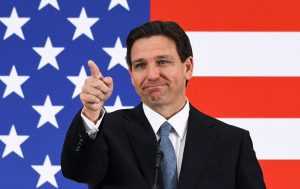In April, Florida grabbed national attention when the Senate swiftly advanced and passed a bill that contained an amendment that gave Gov. Ron DeSantis the “all-clear” to run for president while still serving in that capacity. The final hurdle will be the bill’s signing once DeSantis announces his candidature on Wednesday.
Prior to this, Florida had a “resign to run” regulation that required DeSantis to leave his position 10 days before “qualifying” for the presidency. The end of his current term is 2027.
However, the implication of the word “qualify” was not entirely clear. It could mean when he is approved to be on the general election ballot or even when he makes it into elected office.
“It shouldn’t be a problem,” Peter Feaman, a national Republican committeeman from Florida, said. “A lot of the issues Florida faces dovetail into the national issues.”
Also Read: Ron DeSantis to launch presidential bid for 2024 with Elon Musk on Twitter
Democrats, meanwhile, refer to the governor’s travels this spring as evidence that they have a problem with the campaign that will most likely keep DeSantis away from Florida.
“He’s already running a de facto campaign where he’s been to Iowa, to New Hampshire, he’s crisscrossing the country, and we have real issues here in the state of Florida,” state Sen. Lori Berman, D-Boynton Beach, said.
“I think it is risky,” Peter Schorsch, of Florida Politics, said. “I think there is the risk of another situation; the flooding in Fort Lauderdale and the governor is out of state and you magnify that to a larger degree. I don’t want to see that happen. No one wants to see that happen.”
For those who are running for president or vice president, the new legislation now exempts them from the resign-to-run provision. The bill would also modify the state’s voting regulations to include limitations on mail-in ballots, third-party voter registration organizations, and voter eligibility.







